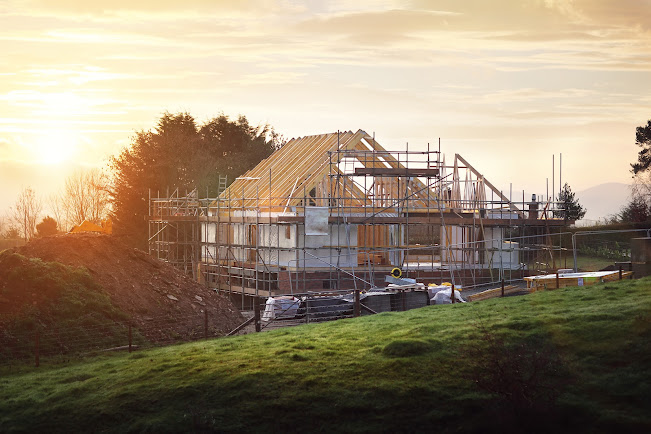How to Choose the Right Type of Property for Your Investment Portfolio in the UK
Investing in property can be a lucrative endeavour, especially in the robust UK market. However, with the myriad of property types available, making the right choice for your investment portfolio can be daunting. Whether you're a novice investor or seasoned in the real estate world, it's vital to ensure your property choices align with your financial goals and risk tolerance.
Understand Your Investment GoalsBefore delving into property types, it’s imperative to clearly outline your investment objectives:
- Short-Term
vs Long-Term: Are you looking for quick returns
or are you planning to hold onto the property for several years? The
duration of your investment can influence the type of property you should
consider.
- Cash Flow vs
Capital Appreciation: Are you interested in monthly
rental income or are you more concerned about the long-term increase in
the property’s value? Different properties offer varying degrees of both.
Assess Different Property Types
The UK property market offers diverse options. Here’s a rundown of popular choices:
- Residential
Properties: These are ideal for investors seeking regular
rental income. Types include single-family homes, multi-family units and
apartments. They offer the advantage of being easily understood, as
everyone needs a place to live.
- Commercial
Properties: These include office spaces, retail shops and
warehouses. They generally offer higher rental yields than residential
properties but can have longer lease agreements, meaning less frequent
tenant turnover.
- Industrial
Properties: Factories,
storage facilities, and distribution centres fall under this category.
They typically involve longer leases and can offer stable income, but they
might require more management oversight.
- Mixed-Use
Properties: These
are a combination of residential, commercial, and sometimes industrial
spaces. They can diversify your income sources but can also be more
complex to manage.
- Land
Investments: This involves buying a piece of
land and either holding it for appreciation or developing it. It can yield
high returns, but it's also riskier and requires a significant capital
outlay.
Factor in Location
Location plays a pivotal role in property investment. Look for areas with:
- Economic
Growth: Areas with new businesses, infrastructure
projects and employment opportunities tend to appreciate faster.
- Amenities: Proximity
to schools, hospitals, transportation hubs and recreational areas can
increase property demand and rental prices.
- Future
Development: Research planned projects in the
area. They can boost property values and attract tenants.
Evaluate the Risk Profile
Different property types come with varied risk levels:
- Vacancy
Risks: Commercial
properties, especially in niche sectors, might have longer vacancy periods
than residential properties.
- Maintenance
Costs: Older
properties or those with larger areas might incur higher maintenance
costs.
- Market
Volatility: Land
investments can be highly susceptible to market fluctuations.
Understanding these risks will help you make informed decisions and tailor your portfolio to your comfort level.
Stay Updated
The property market is dynamic. Staying updated with market trends, property values and emerging investment areas can give you an edge. Regularly review your portfolio and adjust as necessary.
Ready
to dive into the UK property market? Let experts guide you in making the right
choices. Contact Zunikh today
for bespoke property investment advice tailored to your needs.




Comments
Post a Comment